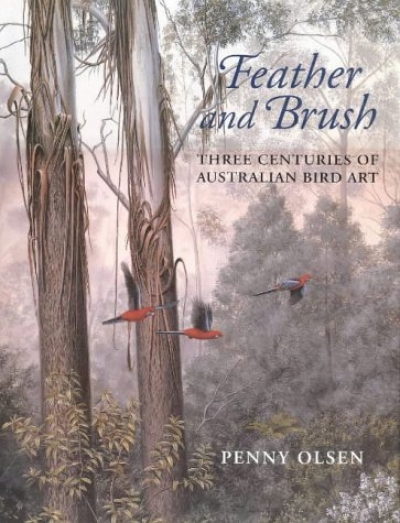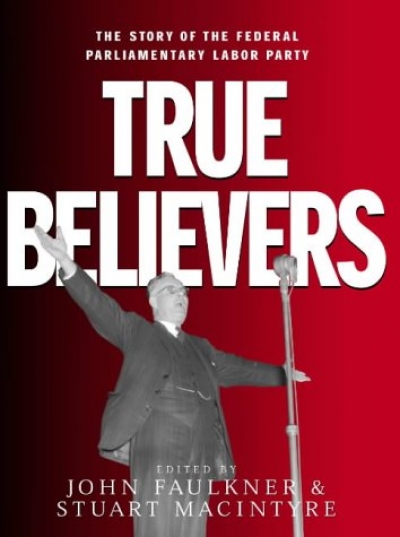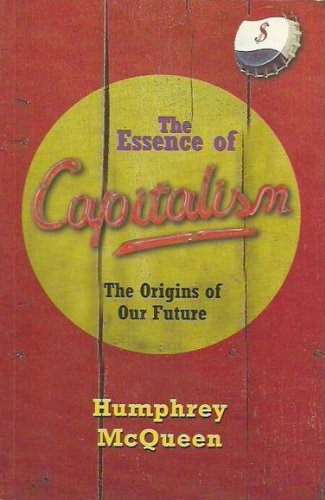Archive
Film | Theatre | Art | Opera | Music | Television | Festivals
Welcome to ABR Arts, home to some of Australia's best arts journalism. We review film, theatre, opera, music, television, art exhibitions – and more. To read ABR Arts articles in full, subscribe to ABR or take out an ABR Arts subscription. Both packages give full access to our arts reviews the moment they are published online and to our extensive arts archive.
Meanwhile, the ABR Arts e-newsletter, published every second Tuesday, will keep you up-to-date as to our recent arts reviews.
Recent reviews
Feather and Brush: Three centuries of Australian bird art by Penny Olsen
True Believers: The story of the Federal Parliamentary Labor Party edited by John Faulkner and Stuart Macintyre
Who was it led us to overestimate the New?
The Greatest Living Poet’s recent volumes
are in a stack at your left hand – what do you do
in between getting on with your journalism?
Go back to his earlier and more spritely days
cool along your face, when you decided,
notwithstanding your resistance, as you claimed,
to literary fashion, that this intransigent
dandy got the world into his impure verses
as almost no responsible rival did –
so much so indeed that a jaunty episode
among the Check-Out Sylphs, an Ode to a Torpedo,
or some sort of squirrel-hounded sexual outing
in the Allegheny Mountains seemed, as you read it,
a calm reflection worthy of Matthew Arnold
minus his Rugby gloom and moral nimbus.
As the grand navigator steps back in his boat,
As the last notes march to Heaven on a page,
So the attenuations of our lives
Are charted as polite reverberations,
Ready to be eroicomico indulgences
Or merely subjects in an academic quiz –
For such is memory’s braking, as the grave
Soul of humankind is shown as nought
On star charts, and each immensity
Aspires to be a simple once-born number.
April 16, Ghana. We arrive to the pandemonium that is Accra Airport. It is as if a coup has happened and everyone is fleeing the country. The general dilapidation of the place seems vaguely familiar. Suddenly, I remember a BBC documentary series on airports around the world, which featured Accra. Nick changes US$100 at an exchange rate of 7000 cedis to one greenback. He returns with a huge wad of worn notes stashed in a large brown bag helpfully labelled with large dollar signs for all those milling around, eyeing us sharply, to see. We manage to negotiate our way into town via porters and taxi with 5000 cedi notes peeling off us in the form of tips.
... (read more)The Essence of Capitalism: The Origins of Our Future by Humphrey McQueen
Purists and lawyers, sit down. You may need smelling salts or whisky, according to taste. Ready? All right. I predict that your children, or perhaps your children’s children, will read in grammar textbooks that they is the third-person singular pronoun when referring to a person, as well as being the third-person plural pronoun. It will be confined to an animal or a thing.
... (read more)Sally Muirden’s second novel sits well with her first, Revelations of a Spanish Infanta. In each case, the author works through an elaborate historical lens to construct a multi-layered narrative in which the focus is the intimate life of a woman.
... (read more)




